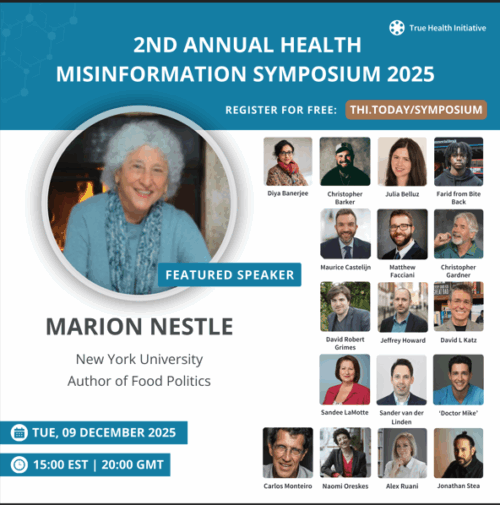Update on the ByHeart infant formula botulism disaster
As of November 19, the FDA says 31 infants have botulism most likely as a result of exposure to ByHeart Whole Nutrition infant formula. The CDC investigation details are here.
In its most recent letter to customers, ByHeart is finally taking some responsibility for this disaster.
When I wrote about this on November 12, I tried hard to give ByHeart the benefit of the doubt. I had some sympathy for the difficulty of testing for botulinum spores (seeds) in infant formula. The tests can only measure the toxin produced by the organisms that develop from the germinated spores (infants consume spores; when the spores germinate, the organisms produce the toxin).
But then I became less sympathetic, for two reasons.
The first is the company’s sloppy production practices. I had forgotten about my post in November 2023 about the FDA’s warning letter to ByHeart (and other formula companies) for violating basic food safety standards during production.
The New York Times has written about more recent food safety violations: Infant Formula Company Tied to Botulism Outbreak Had Known Problems.
The second is the “it’s not our fault” stance of the company in its “Update for our ByHeart Family” [My comments]
Today, we were made aware by the California Department of Public Health (CDPH) that a single, previously-opened sample from one of the two recalled batches of ByHeart formula tested positive for Clostridium botulinum, the bacteria that causes infant botulism. We are treating the CDPH’s test result very seriously. [Right. Of course you are].
However, testing from a previously-opened can lacks scientific basis to establish causation between the product and illness. We know that Clostridium botulinum is a bacteria that exists naturally in the environment—in places like soil, dust, and even vegetables—meaning that an opened can can be contaminated in multiple ways. [Great. Let’s blame parents for sloppy formula dilution]
Currently global regulatory and scientific authorities do not recommend testing powder infant formula for Clostridium botulinum, and no U.S. or global infant formula company tests for Clostridium botulinum. [Are you really saying that this isn’t your fault, it’s the FDA’s?]
I’m not the only one who had this reaction. For an especially thorough summary of the entire situation, see Sarah Todd’s account in Stat News: ByHeart’s ‘bizarre’ response to infant botulism outbreak worries food safety experts [an understatement]
Food safety lawyer Bill Marler is also on top of this.
- ByHeart admits to Botulism in its Formula
- Botulism, a known risk in infant formula?
- AP Reports: Botulism Lawsuits Filed against ByHeart “This company potentially faces an existential crisis”
- Infant Botulism Cases Spike linked to ByHeart Formula
- Marler Clark urges Public Health to reopen all 2025 Infant Botulism Investigations
Marler Clark has filed two lawsuits so far. What drives the suits is how awful this is for the affected infants and their families.
From the lawsuit article:
Rose Dexter “was healthy at birth, [but] didn’t thrive on the formula. She had trouble feeding and was fussy and fretful as she got sicker. On Aug. 31, when she was 8 weeks old, her parents couldn’t wake her. Rose was flown by air ambulance to Phoenix Children’s Hospital, where she stayed for nearly two weeks.”
Piper Everett started on ByHeart at 6 weeks. “At Kentucky Children’s Hospital, Piper’s condition worsened rapidly. Her pupils stopped dilating correctly and she lost her gag reflex. Her head and arms became limp and floppy…Piper had to have a feeding tube and IV lines inserted.”
Both babies recovered with treatment and appear to be doing well on different formulas.
But can you imagine having to go through something like this?
This is why we need a strong FDA to enforce food safety rules.




